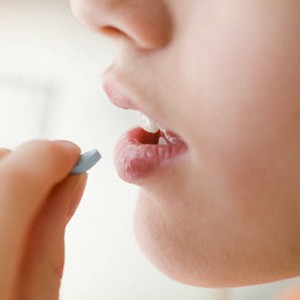Ecstasy Abuse Signs
A synthetic drug – ecstasy or MDMA as it is popularly known is a stimulant in nature and has psychoactive properties. This drug is taken orally as a tablet or capsule and is quite common in clubs and parties. The common street names for this drug include beans, hug, love drug and Adam.
If you suspect that a loved one is abusing ecstasy, then the following signs can help you confirm your fears, these include:
- Show of increased physical energy
- The person appears extremely friendly and full of energy
- Hyperactivity
- The person suffers from extreme mood swings and one moment may appear full of energy and the second may show signs of extreme anxiety and depression
- Confused behavior
- Suffering from sleeping problems
- Suffering from uncontrollable cravings for drug
Ecstasy Abuse Symptoms
The adverse symptoms of ecstasy abuse are:
- Chills and sweating
- Nausea
- Sweating and body shivers
- Blurred vision
- Clenching of teeth and muscle cramps
- High heart rate and high blood pressure
- Dizziness and faintness
Ecstasy is a highly potent drug and when it is used illicitly it can also disrupt the normal regulation of temperature of the human body. This particular drug is quite similar to methamphetamine and mescaline and is a synthetic psychoactive chemical mix which gives the user a false sense of euphoria and distorts his or her perception at time.
Ecstasy Abuse Treatment for Teens
Ecstasy abuse is quite alarmingly high in teenagers as this particular age group is quite active socially and attend parties and clubs where drug abuse is very common. If you have a teen who is stuck in the dangerous web of addiction then you need not worry because there are a number of special teen rehab programs who have specifically structured programs for teens who have been abusing drugs and now have trouble stopping.
A professional drug teen program includes:
- Educational groups
- Family education and counseling
- Group counseling
- Individual counseling
- Team building and other recreational activities
- 12 step education
- Recovery planning for relapse prevention







